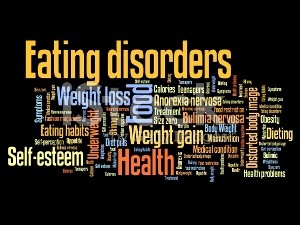In the world of human affairs, there is no worse nuance than a boy at the age of 14. He is neither ornamental nor useful. It is like a tide of emotions that flows in the veins.
Adolescence is derived from the Latin word ‘Adolescere’ which means to grow or maturity. It’s a stage of physical and psychological human development that generally occurs during the period from puberty to adulthood adolescence can be defined biologically, as the physical transition marked by the onset of puberty and the termination of physical growth; cognitively, as changes in the ability to think abstractly and multi-dimensionally; or socially, as a period of preparation for adult roles.. It is a stage of rapid change. The study of adolescent development often involves interdisciplinary collaborations. .There is a complex set of developmental changes that take place at this stage:
- There is a sudden change in the physical characteristics of the adolescent Major pubertal and biological changes include changes to the sex organs, height, weight, and muscle mass, as well as major changes in brain structure and organization.. There is marked increase in the secretions of the hormones and sex glands which can disturb the adolescent.
- Cognitive advances encompass both increases in knowledge and in the ability to think abstractly and to reason more effectively.
- The sense of separation and alienation from parents as the primary attachment disrupts
 the important interpersonal relationships.
the important interpersonal relationships. - Cognitive developments introduce radically new factors in the adolescent’s conception of their world and they tend to think in terms of “possibilities” and “choices” rather than the immediate realities of the childhood.
- Growth during adolescence is characterized by an increasing sense of freedom. This autonomy or realization of possibilities in turn can be frightening. The young person may feel lost, confused and lonely.

- Problems of self identity are especially acute at this age. Not only is the body changing physiologically but the teenager has to renovate, remodel, and reorganize the whole form…….his prior self concept is no longer adequate.
- There is a pronounced struggle for meaningfulness in the adolescent. If no satisfactory goal is found, the adolescent falls into states of boredom.
- There is a strong tendency for self assertion.
- This period is characterized as a period of exuberant imagination and day dreams.

- This is also a period of more complex emotions as admiration, awe, reverence, gratitude, scorn, shame, joy, contempt as well as aesthetic feelings.
- Girls are more interested in boys and boys are in girls…both are interested in the opposite
 sex.
sex. - The adolescent is passionate about expressing own opinion and appreciation.
- There is a tendency to revolt against authority.
- There ia increased interest in and emphasis on physical attractiveness and good grooming.









 These children:
These children:





